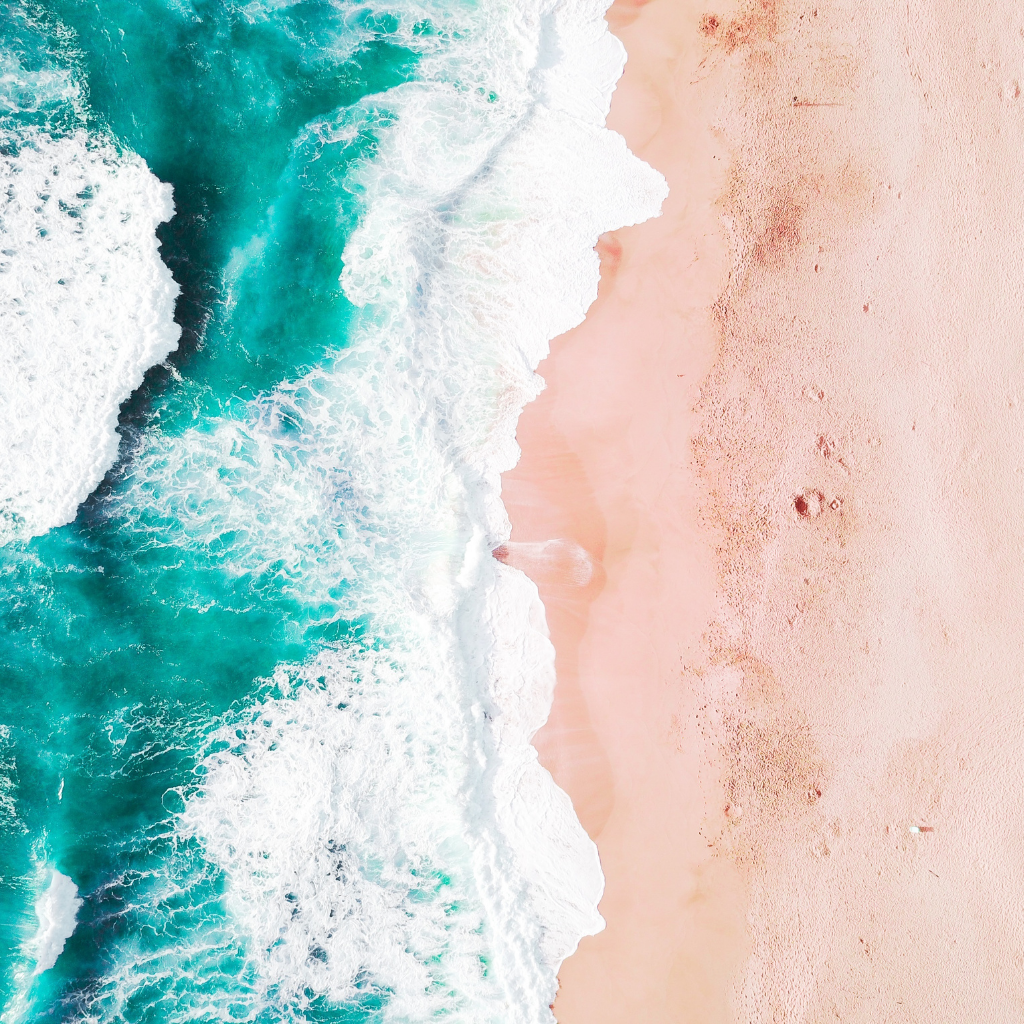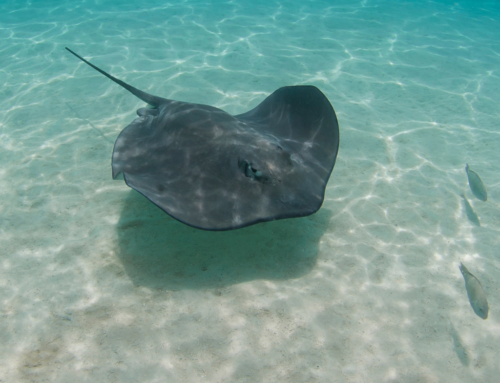
Summer is approaching, which means lazy days by the water, cookouts, and, well, sunburns. Sunscreen is an essential part of the hot summer months and should be part of your daily skincare routine. However, we have discovered in recent years that some sunscreens are extremely hazardous to the health of our waterways and coral reefs around the world. Some brands have embraced this new information and created new coral-safe formulas, while others have not. Here’s how to find eco-friendly and reef-safe sunscreen!
Why it’s Important to use Reef-Safe Sunscreen
Coral reefs are one of the most biologically diverse ecosystems on the planet, providing food and shelter to 25% of all marine species worldwide, despite only covering about 1% of the ocean floor. However, coral reefs are also extremely delicate. Chemicals found in many sunscreens contribute to coral bleaching, and some even contain microplastics that pollute the water and kill fish, birds, and marine mammals. In addition, many marine tourism-heavy destinations such as Hawaii and the Galápagos Islands are banning the use of unsafe sunscreens. You could face heavy fines or have your bottles thrown out at the airport!
What Should I Look For?
Unfortunately, simply looking for a “reef-friendly” sticker on a sunscreen bottle won’t cut it. The terms “reef-safe”, “reef-friendly”, and other phrases are not regulated, so anyone can use them. Instead, keep a list of ingredients to avoid on your phone and check the active ingredients list.

Save this list for your reef-safe sunscreen shopping!
The following ingredients should be avoided:
- Oxybenzone
- Octinoxate
- Octocrylene
- Homosalate
- Enzacamene
- 4-methyl-benzylidene camphor (Enzacamene)
- PABA (para-aminobenzoic acid)
- Parabens
- Triclosan
- Nanoparticles or “nano-sized” zinc or titanium
- Microplastics such as exfoliating beads
You should also be sure your reef-safe sunscreen that protects against UVA and UVB rays. The best reef-safe sunscreens will use physical barriers instead of chemical ones. They work just as well but may feel a little different on your skin. While it may take some getting used to, it’s a small price to pay to protect our marine wildlife!
Top-Rated Reef-Safe Sunscreens
For Sensitive Skin
If your skin is sensitive to fragrances, dyes, or other additives, check some of these sunscreens out!
- Babo Botanicals Clear Zinc Sunscreen SPF 30: $15.70
- Badger Clear Zinc Sunscreen Cream SPF 30: $15.29
- Sun Bum Mineral SPF 50 Moisturizing Sunscreen Lotion: $11.24
For Melanated Skin
The problem with many zinc-based sunscreens is many can leave a white cast on the skin after using them. For those with darker skin, this can be frustrating. Here are some formulas specifically designed to go on clear or made with dark skin in mind.
- Kokua Sun Care SPF 50 Natural Zinc Sunscreen: $29.99
- Black Girl Sunscreen Moisturizing Sunscreen Lotion SPF 30: $24.95
If you Prefer Sprays
Most spray sunscreens are NOT reef-safe. However, there are a few that are.
- Hello Bello Mineral Sunscreen Spray: $13.99
- Babo Botanicals Sheer Zinc Continuous Spray Sunscreen SPF 30: $19.26
For the Face
These reef-safe sunscreens are formulated specifically for the face. Many double as moisturizers and makeup primers too!
- Supergoop Unseen Sunscreen: $36
- Manda Organic Sun Paste: $28
- Earth Mama Lady Face Tinted Mineral Sunscreen Face Stick SPF 40: $12.92
- Comes in both light/medium and medium/dark tints
Carry-On Friendly
These sunscreens are TSA friendly and will be allowed in your carry-on luggage.
- Blue Lizard Sensitive Mineral Sunscreen Stick SPF 50: $8.54
- Raw Love SPF 35 All-Natural Mineral Sunscreen: $25.95
- C’est Moi Sunshine Sunscreen Stick: $9.99
Happy Summer!
Like this article? Pin it!












Leave a Reply